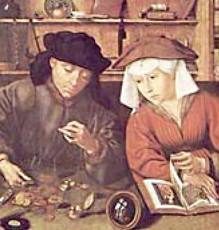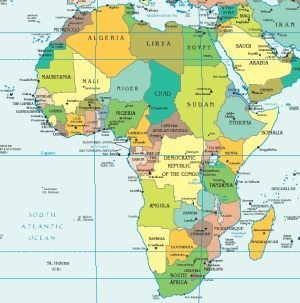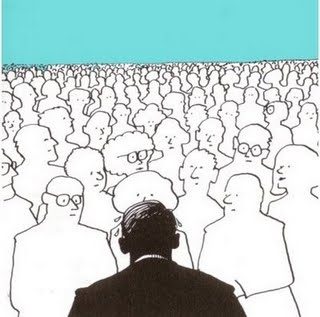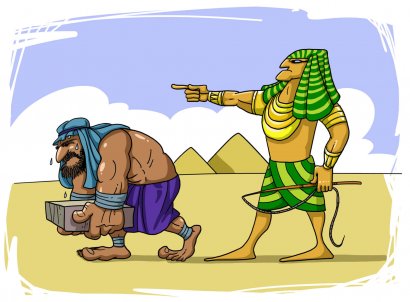 The word bourgeois presents several references, one of the most widespread is that which refers that bourgeois is that individual who in a given society belongs to the bourgeoisie.
The word bourgeois presents several references, one of the most widespread is that which refers that bourgeois is that individual who in a given society belongs to the bourgeoisie.
The bourgeoisie is a term used to refer to the wealthy middle class and would become especially popular in the 19th century as a consequence of the exacerbated use that the German philosopher and creator of Marxism, Karl Marx, to designate precisely the social class that held the means of production and that opposed the proletariat.
For example, the proletarian, is the opposite concept of bourgeois, since the proletarians were those individuals who work in exchange for the perception of a salary and who as such do not have the means of production.
It should be noted that the origin of the word bourgeoisie is due to the concept of Burgos, a term that dates back to Middle Ages, where it was used to designate those urban cities, populated precisely by individuals who were dedicated to trade and handicrafts and who were also called boroughs.
Let us remember that at that time there was a dominance of the rural sphere in economic matters and the bourgeoisie broke into the social system to stay and impose itself more and more.
Even more, when it is discovered AmericaIn the 15th century, commercial activity became much more intense and then this class would begin to enrich and grow as a result of the active trade with the new colonies.
A few centuries later, in the 18th century, the term regained its presence due to the Industrial Revolution and MarxismSince the proliferation of the manufacturing activity commanded by the rich merchants would generate the rivalry that we mentioned, between them and the proletariat, the wage earners who were harshly exploited by the most powerful.
As was to be expected, this economic power held by the bourgeois made him demand a political participation that was denied him, while he would achieve it during the French Revolution, when together with his workers they faced the authority of the king.
Once the long-awaited presence in power was achieved, instead of recognizing the working class, they subdued it and thus the bourgeoisie gave way to what is known today as capitalism, the economic system in which capital is the great driver of the economy.
And in colloquial language the word is used to account for one who leans toward an existence in which comfort and relaxation rule.









